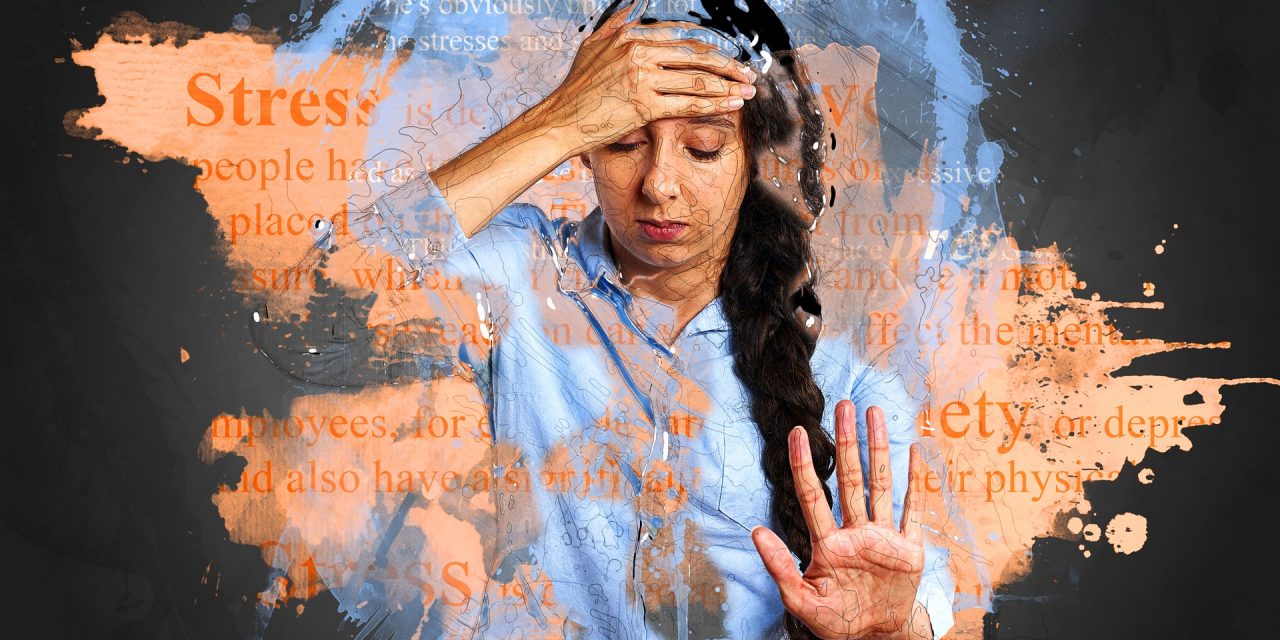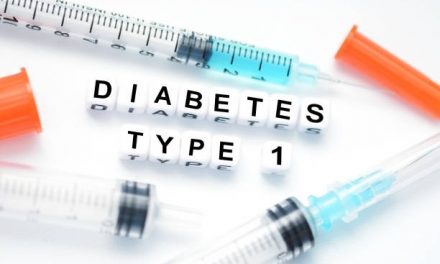“Casting all your anxieties on him, because he cares for you.”–1 Peter 5:7 (ESV) The American Psychological Association (APA) defines anxiety as “an emotion characterized by feelings of tension, worried thoughts and physical changes like increased blood pressure.” When an individual faces potentially harmful or worrying triggers; feelings of anxiety are not only normal but necessary for survival. [1] However, when anxiety and fear become constant and overwhelming, we’re no longer dealing with just anxiety but an anxiety disorder. There is a distinct difference between the sin of anxiety and the mental health disorder of anxiety that is characterized by physical changes in the brain. [2] Though both are of spiritual importance in our walk with God, the latter is a mental health issue. Psalm 34:18 – The Lord is near to the brokenhearted and saves the crushed in spirit. Anxiety disorders are the most common mental illness in the U.S., affecting 40 million adults in the United States age 18 and older, or 18.1% of the population every year. [3] Many Christians struggle with overwhelming feelings of anxiety, worry and fear. These feelings can interfere with our daily activities especially if they are intense, excessive and persistent. They can also make it hard to breath, sleep and concentrate. There are several types of anxiety disorders: [4] TYPE OF ANXIETY DISORDER CHARACTERISTICS GENERALIZED ANXIETY DISORDER Excessive, unrealistic worry and tension with little or no reason PANIC DISORDER Sudden, intense fear that brings on a panic attack. During a panic attack you may break out in a sweat, have chest pain, and have a pounding heartbeat (palpitations). Sometimes you may feel like you’re choking or having a heart attack. SOCIAL ANXIETY DISORDER Also called social phobia. This is when you feel overwhelming worry and self-consciousness about everyday social situations. SPECIFIC PHOBIAS Intense fear of a specific object or situation, such as heights or flying. AGORAPHOBIA Intense fear of being in a place where it seems hard to escape or get help if an emergency occurs. SEPERATION ANXIETY Feel very anxious or fearful when a person you’re close with leaves your sight. SELECTIVE MUTISM A type of social anxiety in which young kids who talk normally with their family don’t speak in public, like at school. MEDICATION-INDUCED ANXIETY DISORDER Use of certain medications or illegal drugs, or withdrawal from certain drugs, can trigger some symptoms of anxiety disorder. Generally, symptoms of anxiety disorders depend on the type of anxiety disorder you have. Some of the symptoms include: [5] Feeling nervous, restless or tense; having a sense of impending danger, panic or doom; having an increased heart rate; breathing rapidly (hyperventilation); sweating; trembling; feeling weak or tired; trouble concentrating and having trouble sleeping. Though the causes of anxiety disorders are not fully understood, a number of medical conditions such as heart disease and diabetes have been linked to the disease. A number of factors such as trauma, stress build up, drugs and alcohol have also been found to increase the risk of developing an anxiety disorder. As believers, dealing with anxiety can sometimes be overwhelming; yet there are steps that you can take to reduce the impact of symptoms if you’re anxious: [5] REFERENCES Mayo Clinic. Anxiety Disorders.
iSpeech.org
CASTING ALL YOUR ANXIETIES ON HIM












Recent Comments